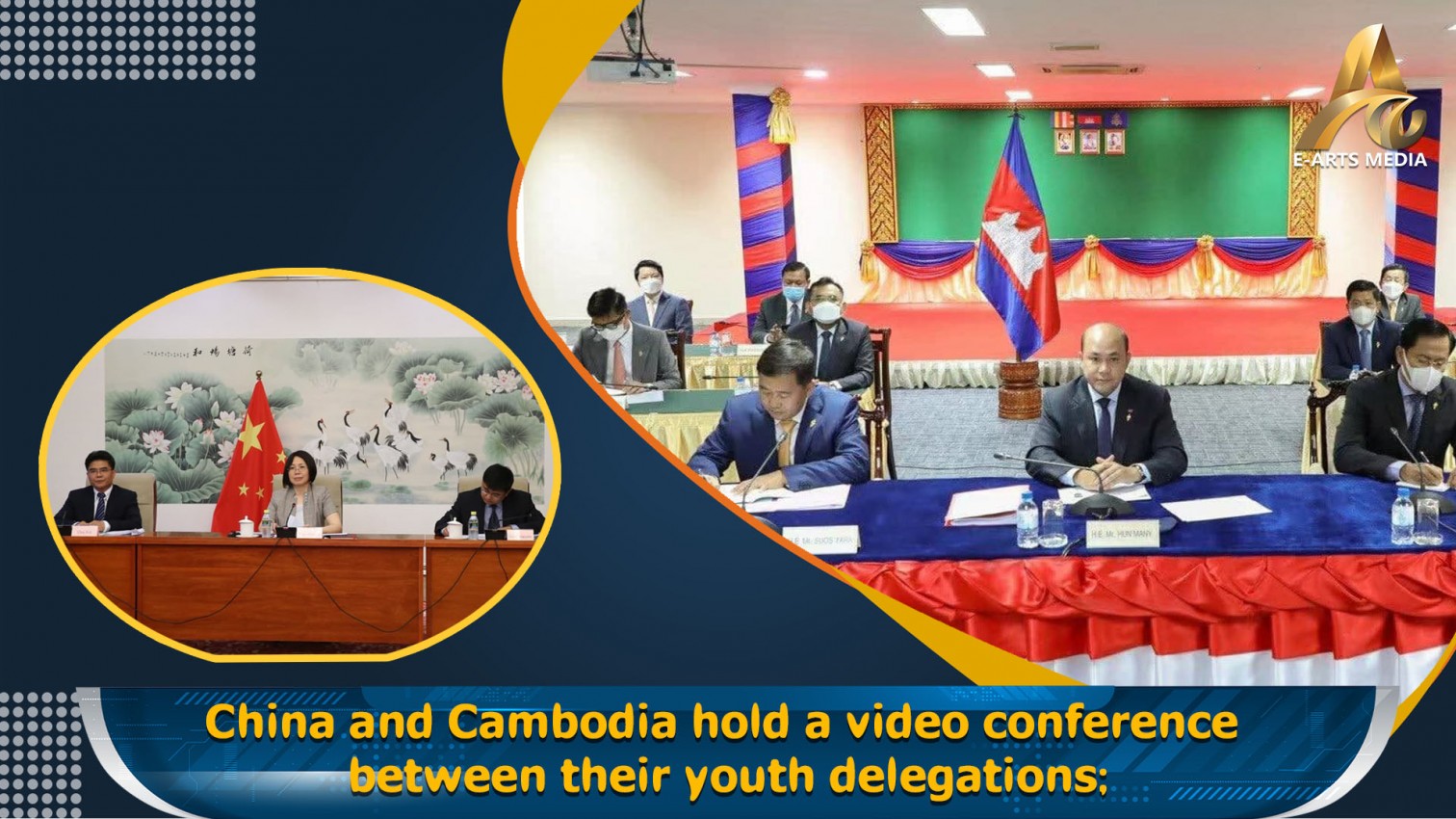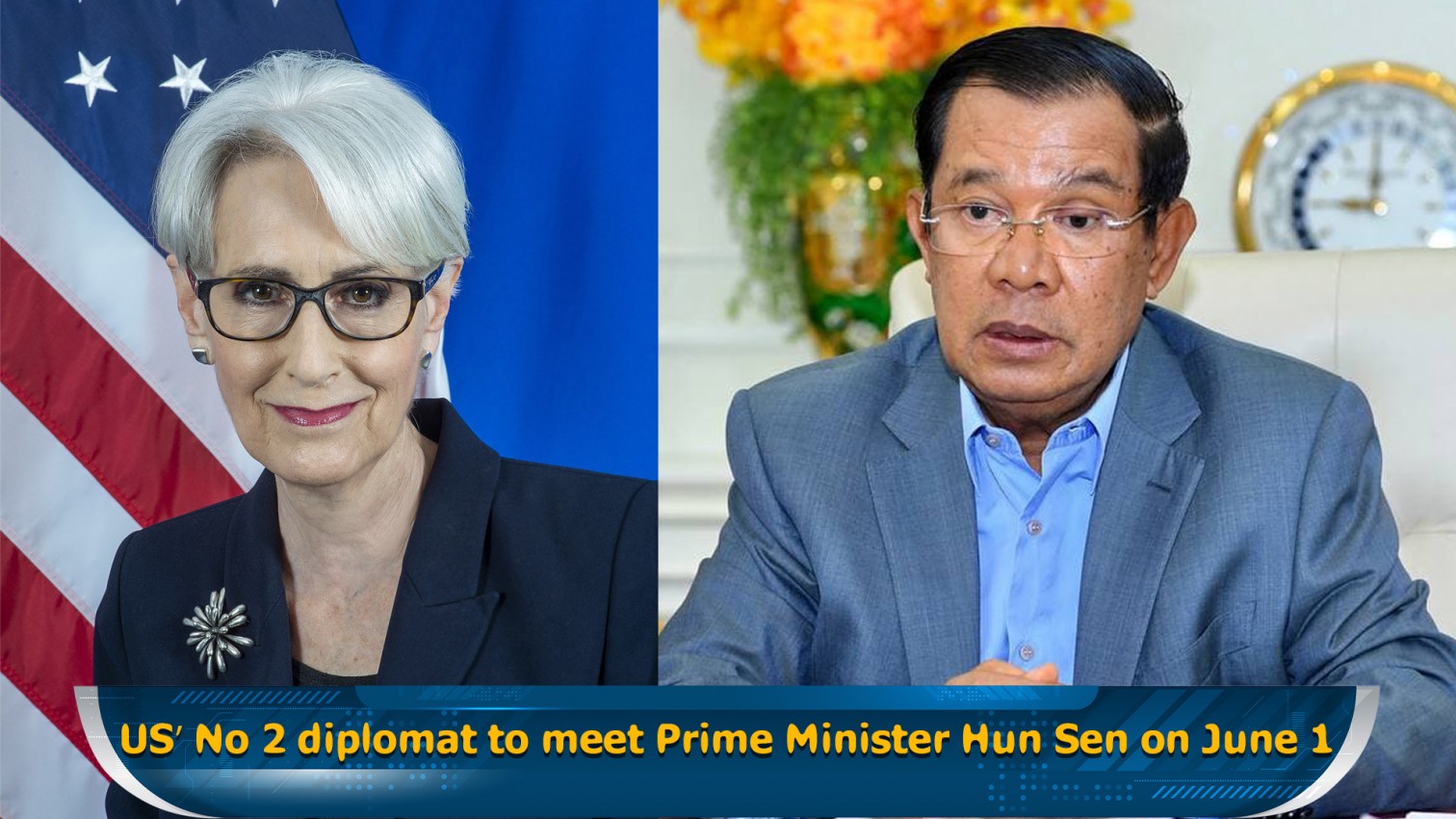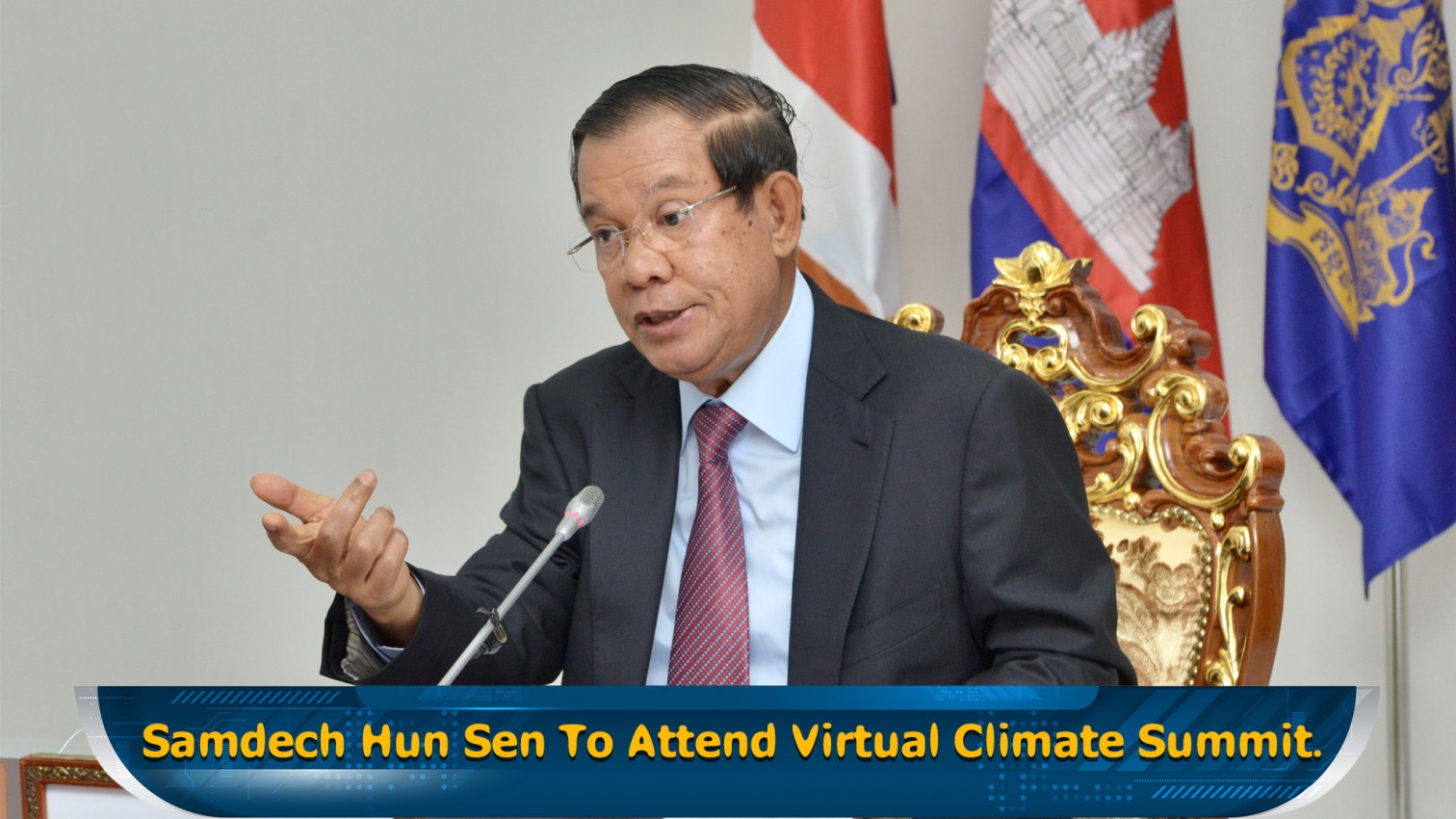Phnom Penh : Deputy Prime Minister and Minister of Foreign Affairs and International Cooperation, Mr. Prak Sokhonn, has returned to Cambodia after his three-day working visit to Chonqing, China. He attended two major summits with his ASEAN partners, and sat down for bilateral talks with his Chinese counterpart, Wang Yi. Following that meeting, the Chinese Foreign Minister hailed what he called the "unbreakable ties" between China and Cambodia.
The two countries appear closer than ever after the Deputy Prime Minister’s visit. After their talks on Tuesday, China’s Foreign Minister Wang Yi said the People’s Republic “stands ready to continue strategic communication with Cambodian Prime Minister Hun Sen” and “will further promote the building of the community with a shared future with Cambodia”.
Wang specifically mentioned the two countries' joint fight against Covid-19, saying it is delivering hope for further cooperation across all sectors. He also made reference to the “deep friendship” between the two nations, pointing to Chinese President Xi Jinping's meeting with His Majesty King Norodom Sihamoni and the awarding of the Friendship Medal of the People’s Republic of China to Her Majesty Queen Mother Norodom Monineath Sihanouk.
The Deputy Prime Minister says the two countries “highly value” their Comprehensive Strategic Partnership of Cooperation and have reaffirmed their “strong commitments to strengthen and deepen the ironclad friendship”, further enhancing mutual cooperation with a view to “building a Cambodia-China Community of Shared Future”. He says they have also agreed to speed up the ratification of the Cambodia-China Free Trade Agreement to boost trade, investment and tourism between the two countries.
Mr. Prak Sokhonn also expressed his “profound gratitude” to Beijing for its “generous and timely assistance of medical equipment and vaccines” to help Cambodia in its fight against Covid-19.
At the end of their meeting, two key documents were signed:
An MOU on Cooperation in the Field of Telecommunications and Information and Communications Technology; as well as an Executive Programme on Cultural Cooperation For 2021-2025.
Tuesday’s bilateral talks were held on the sidelines of two major regional summits, attended by the Deputy Prime Minister. The first was a Special ASEAN-China Foreign Ministers' Meeting in Celebration of the 30th Anniversary of their first meeting in 1991. Tuesday was the first time that ASEAN Foreign Ministers had met in person since the outbreak of the pandemic.
In a joint declaration they underscored the importance of further advancing the ASEAN-China Strategic Partnership, upholding multilateralism and jointly responding to the current regional and global challenges, with the help of China’s Belt & Road Initiative.
Regarding the pandemic, ASEAN Foreign Ministers applauded China's leading role and its pledge of further equitable and affordable access to vaccines. They also agreed to explore the possibility of reopening regional borders for essential business travel, while prioritising public health.
On the South China Sea, they agreed to expedite the finalization of a Code of Conduct, in line with international law, and on Myanmar the Chinese delegation reiterated its support for ASEAN's efforts and leading role in facilitating the peace process.
The second summit attended by Deputy Prime Minister Mr. Prak Sokhonn was the 6th Lancang-Mekong Foreign Ministers' Meeting.
A range of issues were discussed, chiefly “good-neighbourliness and pragmatic cooperation”, with the aim of narrowing the development gap, advancing South-South cooperation and enhancing the implementation of the UN’s 2030 Agenda for Sustainable Development.
The Ministers praised their joint Covid-19 response, agreeing to strengthen cooperation on key medical supplies and vaccine production to secure “a final victory” over the pandemic.
They also agreed on the importance of stronger water governance, including water resource management for sustainable economic and social development in the region. They acknowledged that they are facing growing water resource challenges, including increasing demand from urbanization and population growth and uncertainties brought by climate change, which will mean better management of the Lancang-Mekong water basin.
They went onto praise China for sharing year-round hydrological information and increasing dam discharge when requested. They concluded by encouraging all six member countries to intensify their efforts and step up collaboration to address water-related issues of common concern, such as to improve conditions for local water supply, protect the ecosystem of the Lancang-Mekong River, address the adverse impacts of floods and droughts and other anticipated weather events caused by climate change.





















